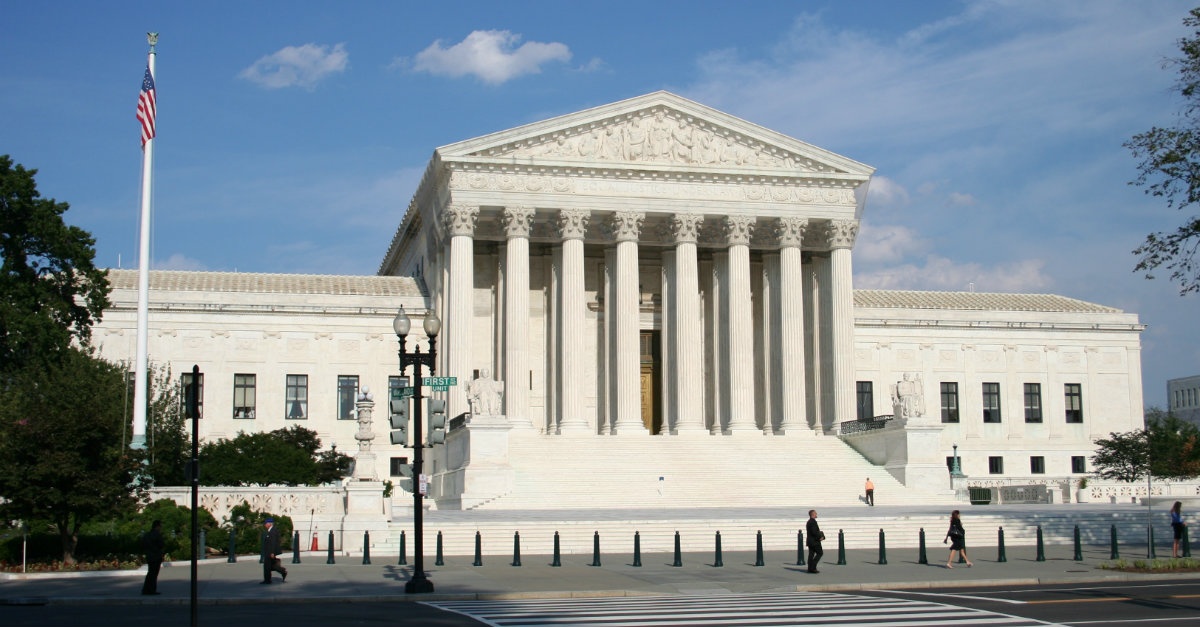
The Supreme Court just handed down a decision in the case of Trinity Lutheran Church of Columbia v. Comer, Director, Missouri Department of Natural Resources. In a 7-2 decision, the Court ruled that the state cannot restrict a program of distributing recycled tire parts for playground surfaces from a church simply because it is a church. You probably are not spending your summer wishing for old tire parts for your church daycare, so you may ask why this obscure-sounding case matters at all.
The case matters because the Court here recognizes the difference between a government establishing a religion and a government choosing not to penalize a religion. I am a Baptist—a real Baptist who believes our confessions of faith, all the way back to our beginnings. This means I hate, and I mean hate, a state-established religion. A state-established religion is, at best, a theologically-generic, spiritually-dead civic body. A state-established religion is, at worst, a violent persecutor turning the sword on those who don’t adhere to its teachings. In either case, a state-established religion is a political move masquerading as a religion. Such does not point people to the gospel of Christ or to the kingdom of God.
But this case is not about a state establishing a religion. Missouri wasn’t contemplating privileging Lutherans for this program, with a consubstantiation clause. Rather, the state offered a neutral program for groups—public or private—that cared for children and owned a playground. The law shut out Trinity Lutheran not because they didn’t meet the criteria for the program but simply because they are religious.
No reasonable person would conclude that offloading excess tire fragments to a church or a synagogue or a mosque would constitute government recognition of that house of worship or its beliefs. Instead, the state has an interest in making sure children are safe, and wants to get the playground surfaces to where the children are. In this sense, the program is similar to the G.I. Bill of the post-World War II generation. A veteran who takes his education benefit to Brigham Young or Notre Dame or Baylor is not carrying with him a government blessing of Mormonism or Catholicism or Texas Baptist Christianity.
For some time, we have seen pressures in American life not simply to make a distinction between church and state (which I am all for; again, a Baptist) but to use the levers of government to secularize our civic spaces. That’s not what the First Amendment is for.
This ruling is a win for religious freedom, and for limits on the power of the state. Not only religious people, but, with us, all Americans should celebrate that. We don’t want a state empowered to referee between theologies and to privilege some religious ideologies over others, even if that ideology is secularism.